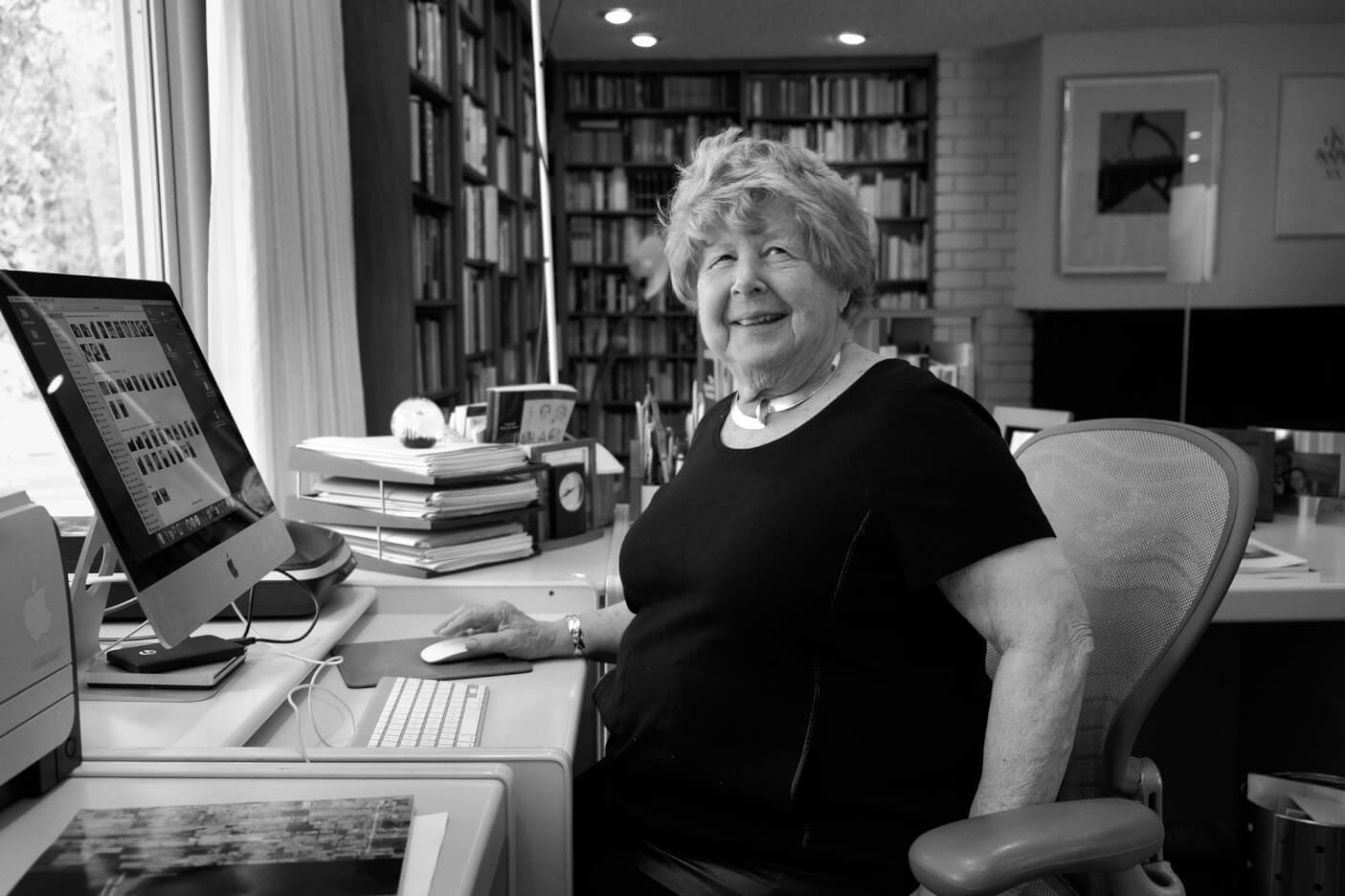A Memoriam Post Stated She Overturned Views on T. S. Eliot, Ezra Pound and Other Canonized Artists
By Zach Armstrong
Marjorie Perloff, an influential literary critic who worked as a Stanford professor and was recognized as a beacon for students of twentieth- and twenty-first-century literature, died at her Pacific Palisades home on March 24 at the age of 92.
With a wide-ranging body of work consisting of numerous books, articles and essays, she was a seminal pundit on modern and avant-garde English poetry and poetics.
“Perloff was a maverick, refusing to go along with the latest academic trends or to see herself as disadvantaged by her status as a woman, a Jew, a mother, or a scholar without an Ivy League degree. Instead, her outsider status gave her a unique lens on literary movements.” stated a memoriam post by the University of Chicago Press. “She overturned views on T. S. Eliot, Ezra Pound, Robert Lowell, and other canonized artists, always returning to her close reading and textual analysis.”
Born into a prominent Jewish family in 1931, Perloff escaped Vienna in 1938 amid Austria’s Nazi occupation, eventually settling in the United States. At the age of 21, she married renowned physician and UCLA professor Joseph Perloff. A few years later she gave birth to her two children, Nancy and Carey. She went on to earn an M.A. in English literature at Catholic University where she’d later return for her PhD. After teaching at CU from 1966 to 1971, Perloff took on teaching roles at the University of Maryland and at the University of Southern California. She spent the latter part of her career at Stanford University.
Perloff secured her spot as an important presence in the contemporary poetry scene with her first book on the work of Frank O’Hara, “Frank O’Hara: Poet among Painters”. The UCP post described her subsequent work on John Cage, Robert Smithson, Gertrude Stein, Haroldo and Augusto de Campos, Ashbery, Jasper Johns, Donald Judd, Johanna Drucker and David Antin as “groundbreaking.”
Perloff’s contributions and influence on literature went well beyond her books. She wrote scores of reviews for small magazines and scholarly publications, was a contributor to the Times Literary Supplement, served as president of the Modern Language Association, elected a fellow of the American Academy of Arts and Sciences, was inducted into the American Philosophical Society and co-founded the Chinese/American Association of Poetry and Poetics. About three years ago, she was awarded the Austrian Cross of Honor for Science and Art.
“What distinguishes her writings is Perloff’s insatiable curiosity, roving intelligence, linguistic dexterity, and irrepressible wit. She never took given wisdom as gospel; she was forever questioning why and how certain literary movements had come to be and what would prove to be lasting.” stated the UCP post, which went on to say, “Perhaps it is Frank O’Hara who summed up her life force: she was filled with ‘the grace to be born and live as variously as possible.’”

























